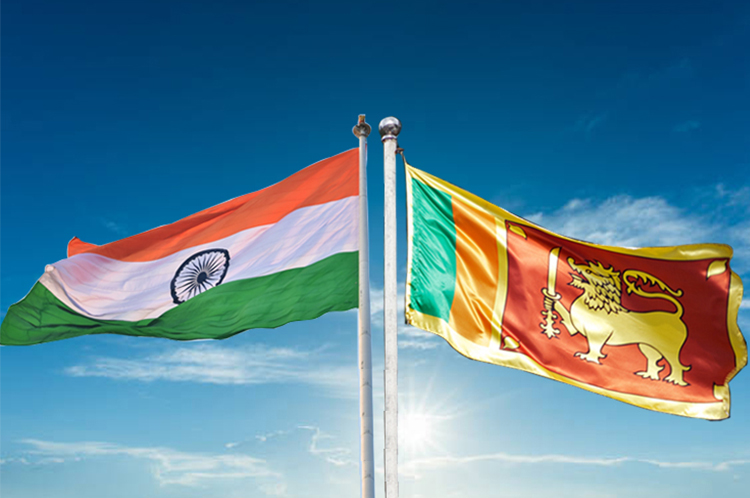-By Political Correspondent

(Lanka-e-News -25.March.2025, 11.25 PM) It seems Canada has finally had its "aha!" moment, accusing India of attempting to meddle in its upcoming parliamentary elections. For Sri Lankans, this revelation might be met with an amused chuckle and a knowing nod—because, let’s face it, we’ve been dealing with Indian election interference for decades.
The 2015 Sri Lankan presidential election stands as a textbook example. India played its diplomatic and financial cards expertly to oust Mahinda Rajapaksa and usher in Maithripala Sirisena. It wasn’t just political maneuvering; it was a full-fledged strategic operation, complete with backroom deals, financial support, and carefully orchestrated narratives. So, if India is capable of influencing elections in Sri Lanka—a country that shares deep historical, cultural, and geographical ties—why wouldn’t it try the same trick in Canada?
If anything, Canada’s accusations should serve as a wake-up call for Sri Lanka. For too long, Indian influence in our political landscape has gone unchecked. The solution? Robust election laws that impose strict regulations on foreign funding for political parties.
Here’s a practical blueprint Sri Lanka should consider:
Mandatory Disclosure of Foreign Donations – Any political party or politician receiving funds from a foreign entity—whether through businesses, diplomats, or third-party proxies—must declare it. Non-compliance should result in severe penalties, including jail time.
Banning Foreign Contributions Entirely – India, or any foreign nation for that matter, should not be allowed to finance Sri Lankan political campaigns, directly or indirectly. If Canada can investigate Indian meddling, Sri Lanka can surely implement preventive measures.
Investigating Past Election Interference – If leaked reports from India's Ministry of External Affairs confirm a history of financial support to Sri Lankan politicians since 1977, then an independent commission should be established to investigate and expose those involved. Naming and shaming is a good start—legal action is even better.
Strengthening the Judiciary and Election Commission – The elephant in the room (or should we say, the tiger?) is that India has long influenced not just elections but also Sri Lanka’s judiciary, police, and electoral bodies. Judges, lawyers, and key officials receiving training or incentives from India may unconsciously—or consciously—act in favor of New Delhi’s interests. Addressing this requires serious institutional reforms.
Ending the "Diplomatic Money Pipeline" – The infamous case of an Indian diplomat caught smuggling cash into the Maldives should be a red flag. If India can do it there, it can certainly do it in Sri Lanka. Strict surveillance on diplomatic channels and business transactions linked to Indian interests should be enforced.
Canada’s alarm bells should prompt Sri Lanka to reassess how vulnerable its democratic institutions are to foreign interference. While India may be Sri Lanka’s closest neighbor, history shows that its influence is often self-serving. The time has come to break free from this cycle, safeguard national elections, and ensure that Sri Lankan leaders are chosen by Sri Lankans—not by foreign funds funneled through backdoor channels.
If Canada is worried about its elections, Sri Lanka should be ten times more concerned. After all, we’ve been India’s testing ground for electoral influence for years.
-By Political Correspondent
---------------------------
by (2025-03-25 17:54:42)
Leave a Reply